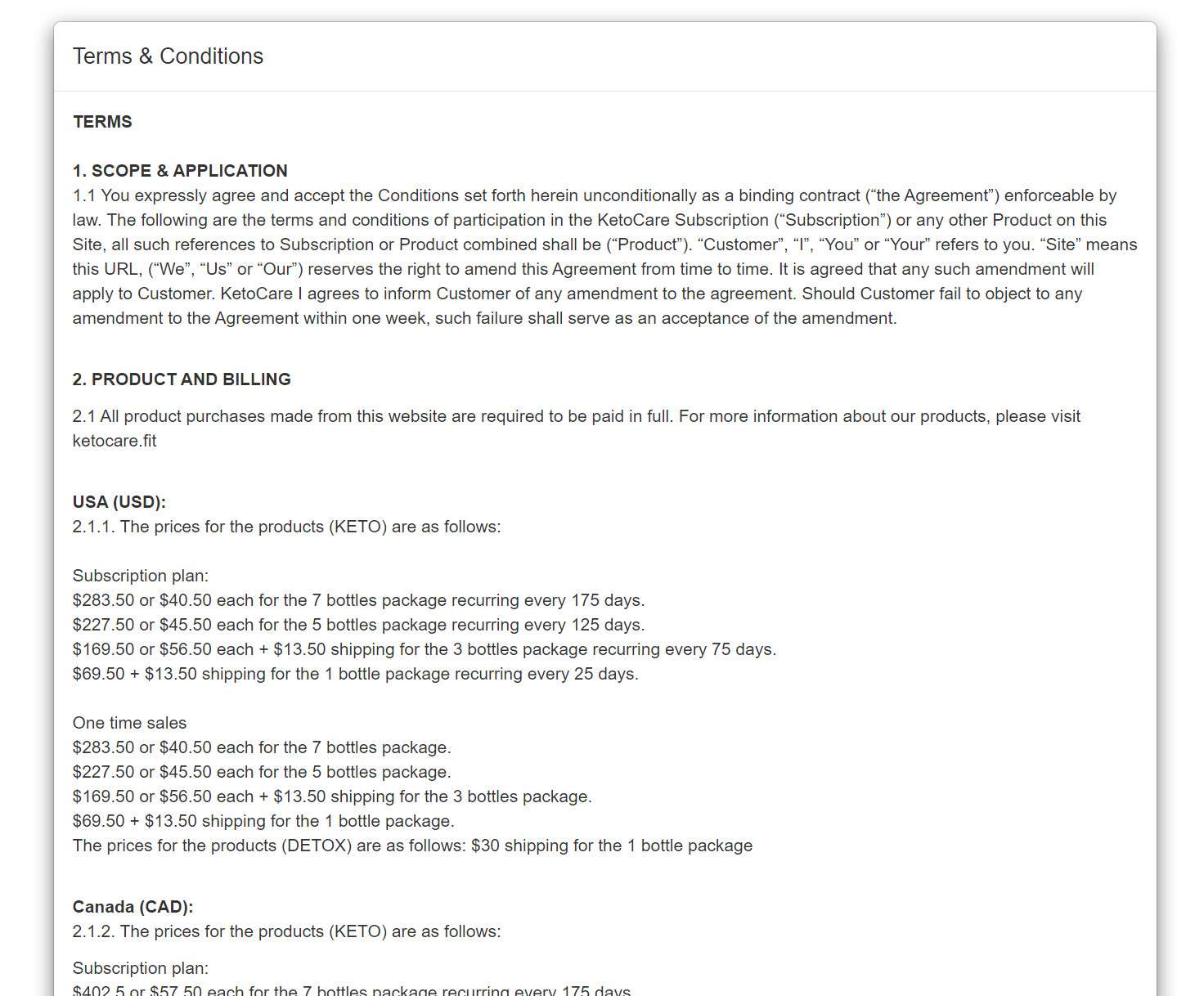CBD gummies have exploded in popularity in recent years as a convenient and enjoyable way to get a daily serving of cannabidiol (CBD). With so many options flooding the market, however, it can be tricky to separate high-quality CBD gummies from fly-by-night scams. HarmonyFlow CBD Gummies have emerged as one of the most searched and debated CBD gummies online. But are these gummies the real deal, or is HarmonyFlow CBD just another shady CBD scheme?
Let’s take an in-depth look at the facts around HarmonyFlow CBD Gummies to find out if they live up to the hype or fall flat.

Overview: An In-Depth Analysis of HarmonyFlow CBD Gummies
HarmonyFlow CBD Gummies first gained attention through viral Facebook ads claiming celebrity endorsements and dramatic health benefits. However, closer inspection reveals HarmonyFlow uses deceptive marketing tactics and makes unfounded medical claims. Here are some of the key facts to know:
Misleading Marketing Ploys
Many of the initial ads for HarmonyFlow CBD use clickbait headlines about celebrities like Jenna Bush Hager to grab attention. For example, one ad reads: “After 16 years of marriage, Jenna Bush Hager makes unexpected announcement about husband.” In reality, Jenna Bush Hager has no connection to this CBD product.
The ads link to fake news websites designed to appear like legitimate news sources. The sites use stock images of celebrities and fabricated stories to continue the ruse. None of the “articles” offer real proof of endorsements.
Exaggerated Health Claims
The HarmonyFlow sales page promises the gummies can “permanently reverse dementia” and outperform top pharmaceutical companies. These claims are both unsubstantiated and illegal.
While research shows CBD may help with anxiety, pain and sleep, no studies verify CBD can cure or permanently reverse complex conditions like dementia. The FDA strictly prohibits CBD companies from making unfounded medical claims.
Fake Reviews and Testimonials
Sprinkled across the HarmonyFlow CBD sales page are various positive reviews and glowing testimonials. However, a quick search reveals these are fake endorsements using stock images of models and fictitious names. No real evidence supports the product’s claims.
Subscription Trap Billing Model
Victims report being unknowingly signed up for expensive monthly subscriptions after ordering HarmonyFlow CBD. Monthly charges ranging from $100 to over $200 are common, making the gummies very costly over time. Cancelling these subscriptions is notoriously difficult.
No Parent Company or Brand Credibility
Nowhere on the HarmonyFlow website or product packaging is an actual parent company, brand or corporation listed. All evidence points to HarmonyFlow CBD being a fly-by-night operation with no accountability or credibility. This makes quality, safety and customer service highly questionable.
How the Scam Works: Stepping Through the Deceptive Sales Funnel
HarmonyFlow CBD Gummies relies on a deceptive sales funnel to lure in victims, starting with the fabricated celebrity advertisements. Here is an inside look at each manipulative step:
Bait: Sensational Facebook Ads
The scam begins with Facebook ads featuring exciting clickbait headlines about a major celebrity like Jenna Bush Hager making a dramatic life change or announcement. For example: “After 16 years of marriage, Jenna Bush Hager makes unexpected announcement about husband.”
These ads target older demographics who may be more inclined to trust familiar names like Jenna Bush. Curiosity leads them to click, hoping to learn what the announcement could be.
Switch: Fake News Pages
Clicking the Facebook ad leads to a fake news page made to look strikingly similar to Fox News. However, no affiliation exists.
The page features more fake stories with clickbait headlines unrelated to the original ad. For example, one headline reads: “Today Show Shakeup Rumors Swirl After Concerning Jenna Bush Hager Snub; Her Response On Air.”
These fabricated stories lend a false sense of legitimacy to get readers invested. Eventually, the stories pivot to introducing HarmonyFlow CBD Gummies as the solution to the imaginary problems.
Hook: The Sales Page
After readers are hooked, they are funneled to the official HarmonyFlow CBD sales page at GetHarmonyFlow.com. This page uses more deception to clinch the sale:
- Fake celebrity endorsements and use of celebrity likeness without consent
- False claims about being “featured in” major media like Fox News, even showing media logos
- Misleading claims of being “clinically proven” to cure or reverse medical conditions like dementia
- Fake reviews and testimonials using stock images and fictitious names
- Countdown timers and limited time offers to create false urgency
- Eventually revealing an auto-enrollment subscription model that charges expensive recurring fees
Repeat: Trapping Victims in Subscriptions
After entering payment info, customers find themselves trapped in expensive monthly subscriptions without consent. HarmonyFlow makes it extremely difficult to cancel these recurring charges.
The company relies on deceit and obscure fine print to force these unwanted subscription fees, often draining hundreds of dollars per month from victims’ accounts.
What to Do If You Fell Victim to the Scam: Steps to Take
If you discovered unauthorized charges from HarmonyFlow CBD on your credit card statement, you are unfortunately yet another victim of this deceptive subscription scam. Here are the key steps to take right away:
1. Contact your credit card company or bank immediately. Call the number on the back of your card and explain you did not consent to recurring charges from HarmonyFlow CBD. Request they block all future charges and issue a chargeback refund for any unauthorized fees.
2. Watch out for upsells and cross-sells. Shady CBD companies often sell customer data to other scam subscriptions. Carefully check statements for any new unfamiliar companies charging your card without consent.
3. Call HarmonyFlow to cancel the subscription. Call and firmly demand to have your subscription cancelled immediately. Be persistent if given any pushback. Avoid disclosing payment information.
4. Place fraud alerts and monitor your credit. Consider placing fraud alerts with credit monitoring agencies like Equifax and TransUnion in case your data was compromised. This can help prevent identity theft.
5. Report HarmonyFlow CBD to the FTC. File a scam complaint with the Federal Trade Commission at ReportFraud.ftc.gov. The more complaints submitted, the more likely authorities will take action to hold HarmonyFlow accountable.
6. Warn others about CBD scams. Share your experience on social media and consumer sites so others don’t fall for these tricks. Spread awareness to help prevent further victims.
By taking swift action and reporting the scam, you can minimize any financial losses and fraud risk. But it requires an assertive approach since HarmonyFlow relies on silence and inaction.
The Bottom Line: Is HarmonyFlow CBD Legit or a Total Scam?
When examining all the evidence, there is overwhelming proof that HarmonyFlow CBD Gummies are a shady product:
- False medical claims and illegal marketing tactics
- Fake celebrity endorsements and reviews
- Overpriced subscription billing model
- No parent company, certifications, or transparency
Everything about the HarmonyFlow sales funnel is specifically engineered to deceive consumers, collect payment information, and trap victims into costly monthly billing. The product itself seems virtually non-existent beyond stock photos.
In conclusion, HarmonyFlow CBD Gummies should be avoided at all costs. No real proof exists that these CBD gummies contain any CBD whatsoever or provide any health benefits. Seeking CBD relief? Turn to reputable, transparent CBD companies that can substantiate their quality and claims. But always verify free trial terms carefully first.
In this era of rampant online scams, it pays to be skeptical. If something sounds too good to be true, it always is. No CBD product can permanently cure or reverse medical conditions overnight. Carefully research any CBD gummy brand and read the fine print before buying. And never believe outlandish health claims designed to prey on people’s hopes and trust.




